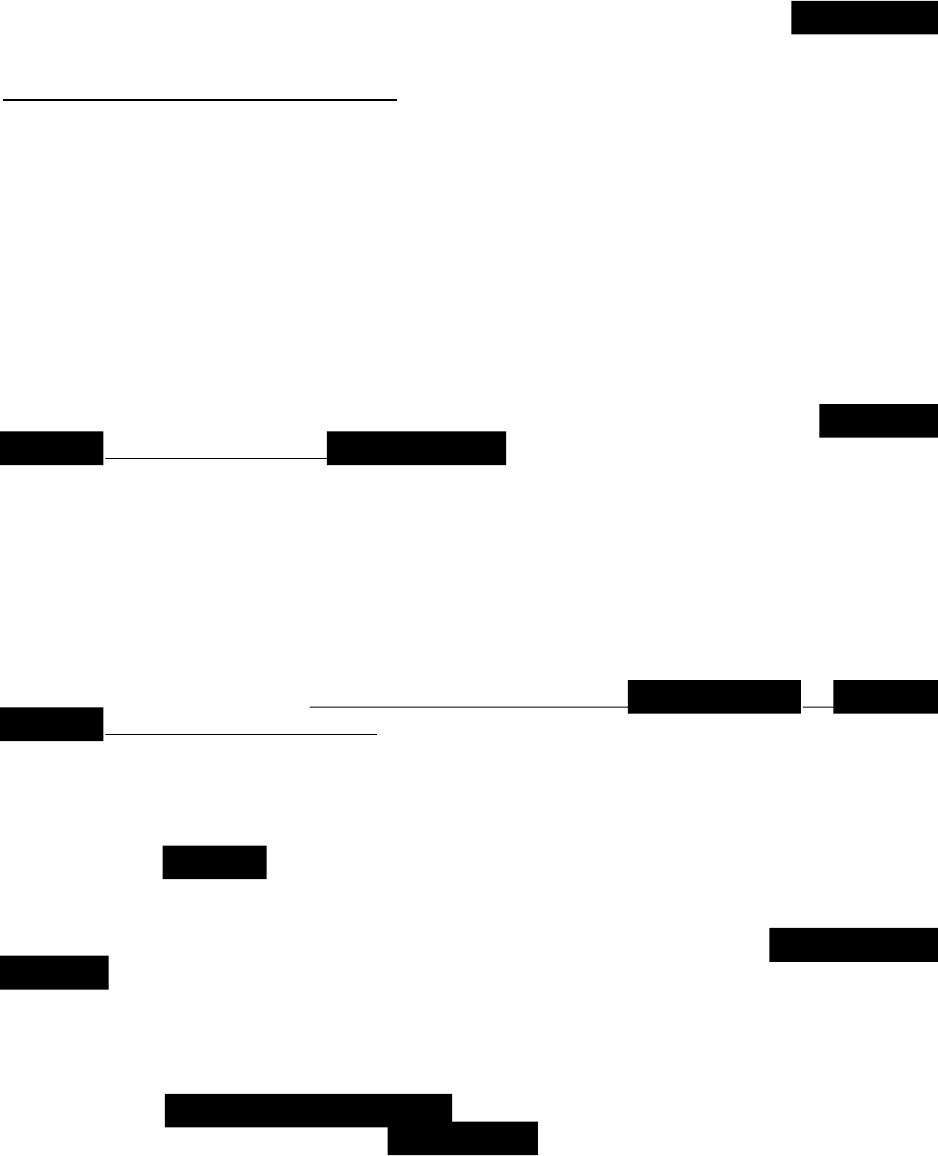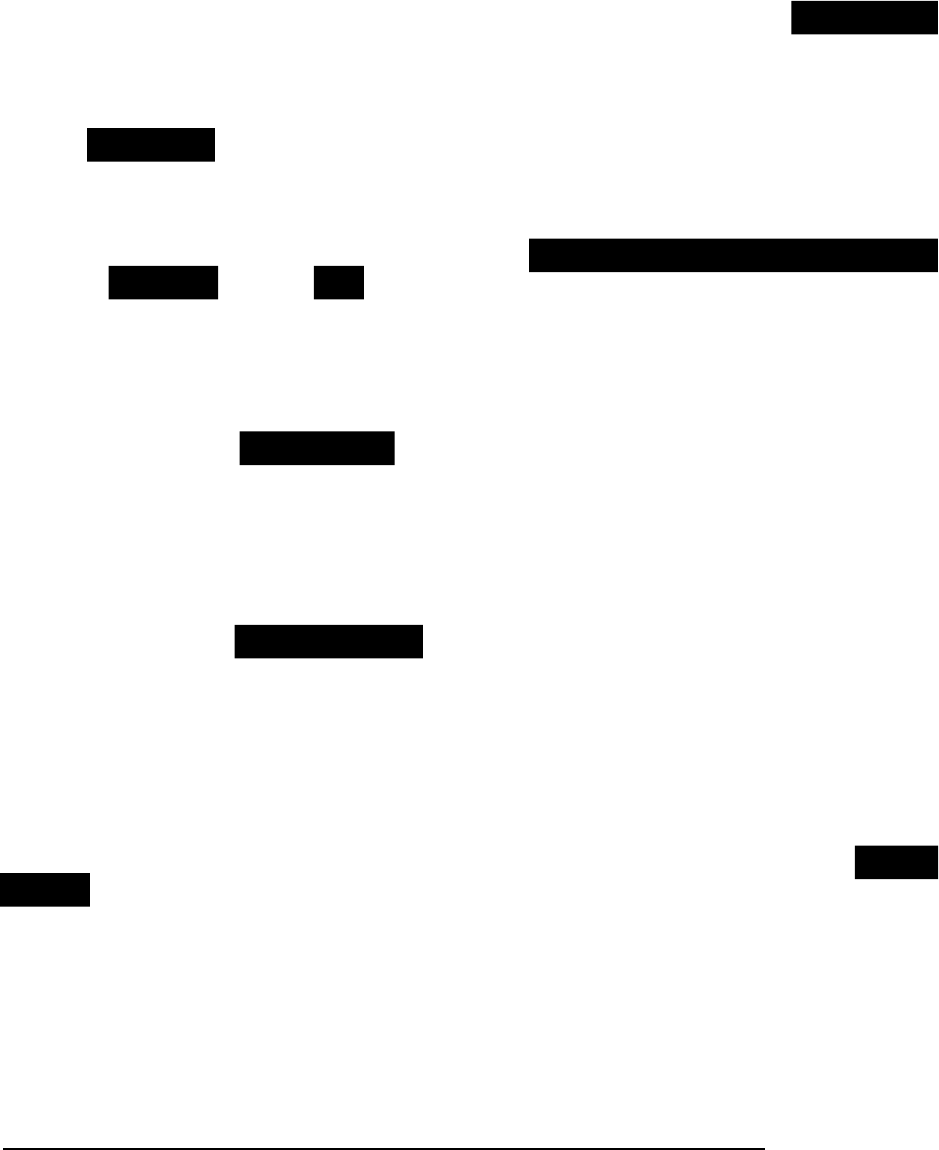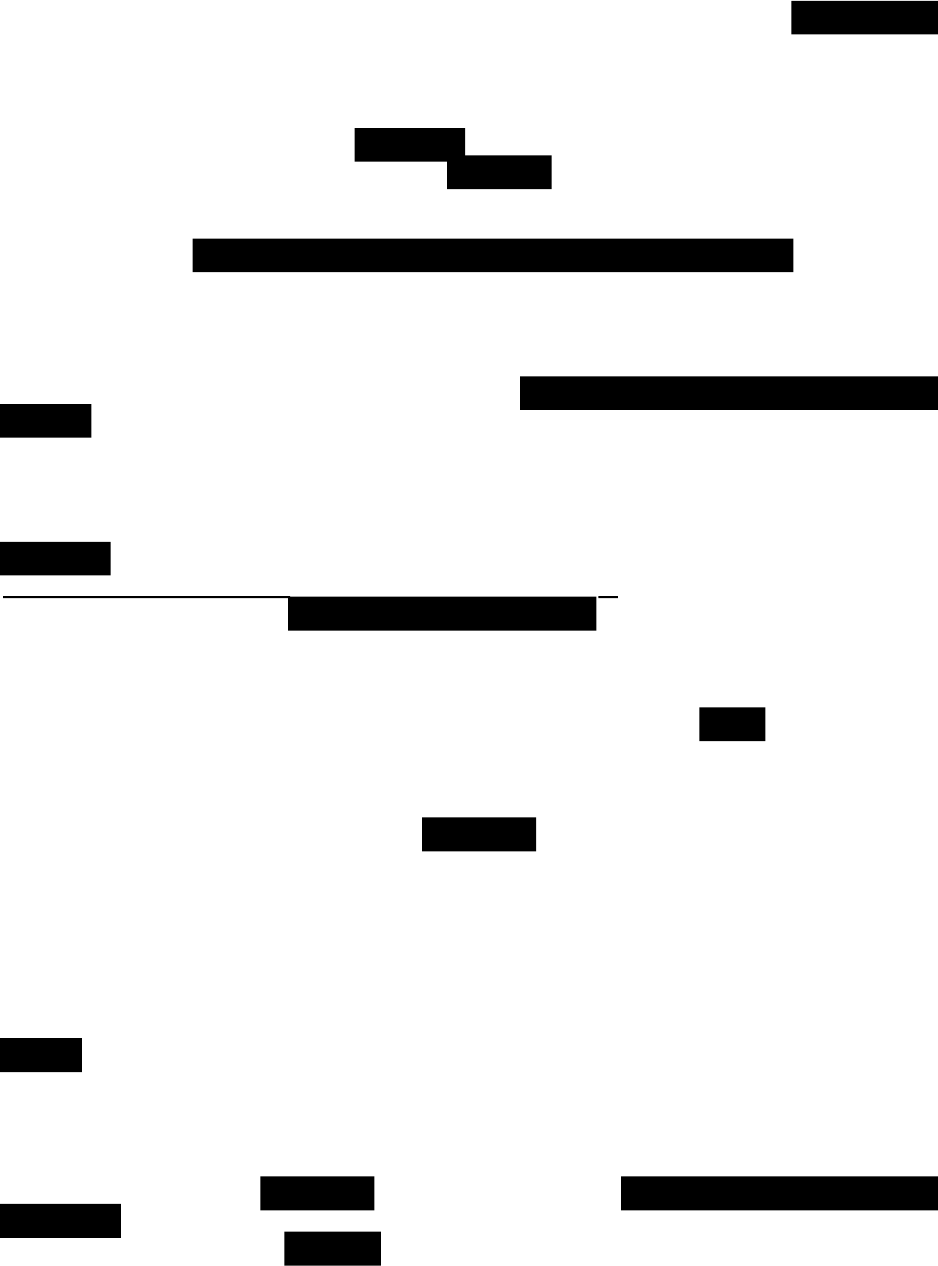
Personal Statement, Relevant Background and Future Goals
!
1!
Personal and Educational Experiences
I am motivated by the process of discovery. Whether that be at the lab bench, in front of a
computer, playing a sport, or helping other students in their own discovery process, I want to
intricately understand a topic and attack it from all angles. In all aspects of life, I systematically
plan to make this process efficient. I want to understand the problem: why people care, how they
chose to study the problem, and what aspects have been addressed in the past. Only then do I delve
into potential methodologies to solve the problem. By engaging in this preparation, I enhance my
potential to thrive an otherwise uncertain discovery process.
Undergraduate Research and Education: My research background includes a broad curriculum
of both experimental and computational methods, indicative of my desire to foster interests in
biology, chemistry, and computation. To drive this desire, I sought out interdisciplinary
research in the form of multiple National Science Foundation - Research Experience for
Undergraduates (NSF-REU) summer programs. My first REU took place at
in Summer 2013 with , under whose supervision I began exploring
the fields of molecular biology and microbiology. I investigated the functionality of the epithelial
sodium channel (ENaC) by characterizing random mutagenesis of these channels in yeast.
Learning how to probe biological systems on a reductionist scale taught me fundamental biological
principles. Along with research experience, the program emphasized innovation and
entrepreneurship through coursework and building a business plan for a local scientific
start-up, for which I won Best Business Plan Proposal. This research experience gave me an
appreciation of reductionist biology. However, I soon became excited at the prospect of biology
on a larger scale – the effect of perturbation on whole systems rather than on a single protein. To
this end, I completed my next REU in Chemical Biology with at
during the Summer of 2014. In this setting, I utilized computational modeling tools to
understand the enormous scope of biology and what it means to perturb an entire system. My main
objective was to create a mechanistic model of cell cycle dynamics, given previous literature and
mathematical equations. In doing so, I enhanced my knowledge of chemical kinetics and
developed programming skills to create models for each of the main cell cycle checkpoints.
Studying under , I became excited about systems biology research, where I could
synthesize my aforementioned interests in both experimental and computational work.
Education is and has been a very important aspect of my life. I was given the opportunity
to pursue my undergraduate education as a student-athlete (golf) at
. Golf was my first true passion, and the opportunity to compete on a national collegiate
level was my main goal since adolescence. During my second year of college, I found myself
becoming more enthralled in my science courses and excited about research. Golf became my
second priority, and I made the decision to focus on pursuing the best education and research
opportunities possible. I chose to transfer to a university where I could truly mold myself into a
scientist. At The , I was able to challenge myself intellectually with
a diverse set of courses not available at and work with peers and professors that
pushed me to strive for larger academic goals.
As an underrepresented minority student, I have seen the impact of lack of education
and how it limits the individual. My mother was a first-generation college student in a male-
dominated field, and she was an inspiration to pursue the sciences. She was one of the only women
in her graduating class for computer science, and although she was successful, it was a challenging
task for her. One of my goals was to build upon her legacy, not only by pursuing the sciences as a
career but also through identifying and helping students in a similar position. Therefore, I make a

Personal Statement, Relevant Background and Future Goals
!
2!
point to encourage other young minority students to pursue the sciences. Other influences on my
pursuit of higher education in science were my grandparents. Children of Mexican immigrants
living in they were not able to receive an education past high school. From a young
age, my grandparents taught me that education was power, and that success was dependent on my
individual work ethic. When my grandfather passed away from colon cancer in July 2014, I
promised myself that I would strive to reach the peak of education.
Graduate Research and Education: Since joining the
program at in August , I have delved into new scientific disciplines to mold myself
into an increasingly well-rounded scientist. I chose this interdisciplinary program, which sculpts
students to attack biological problems from the perspective of physics, mathematics, and
chemistry, so I could continue to diversify my scientific interests. A first year of research rotations
allowed me to sample the scientific spectrum, with the end goal of finding a way to incorporate
experiments and computation. To enhance my computational skillset, I sought to train with a
bioinformatician. Under , I learned genetics and structural biology approaches to
understand human evolution. In this rotation, I investigated human-derived single-nucleotide
polymorphisms (SNPs) and their relatedness to ancestral genetic traits. I mapped these SNPs back
onto previously-solved protein structures to determine location, solvent accessibility, and amino
acid composition of these structures. Through this analysis, we were able to discern novel
evolutionary reasoning for the specific locations of amino acids in protein structures. During this
time, I became interested in regulatory mechanisms of proteins on cellular processes. To fuel this
interest, I trained with to explore novel vesicular trafficking proteins and
attempt to discern a key regulator of invadopodia binding to the cell surface. In addition to learning
many cell biology approaches, she also challenged me to use bioinformatics tools to investigate
publically-available patient datasets in Head and Neck Squamous Cell Carcinoma (HNSCC).
Using a network analysis methodology that uses mathematical concepts to cluster high-
dimensional data, I sought to tease apart genetic drivers of HNSCC to use as a model of underlying
biology. During my interlude into cancer bioinformatics, I became aware of the widespread
heterogeneity in these datasets. That observation spurred me to explore the contributing factors of
cancer heterogeneity. I was able to pursue this interest with my eventual thesis mentor,
By performing systems-level analyses, I was finally able to combine my joint interests
in computation and experimentation. In his laboratory, I am using mathematical models of
population dynamics to understand the emergence of heterogeneity at the single-cell level. Since
joining the laboratory, I have enhanced my knowledge of several single-cell approaches to study
this phenomenon, including flow cytometry, fluorescence imaging, mathematical modeling, and
bioinformatics. My coursework has primarily focused on development of skills in quantitative
experimentation, mathematical modeling, and bioinformatics. In pursuing a PhD in systems
biology, I will apply these new skills to continue studying the evolutionary development of cancer
heterogeneity.
Intellectual Merit: Educational, Career Development, and Future Goals: My overarching
goals evolve from my belief that a scientist must be able to think critically in the context of a larger
purpose. Over the next several years as a graduate student, I expect to build myself into a well-
rounded scientist by absorbing a wide variety of techniques, and developing critical thinking skills
to best analyze and process data. I want my training to focus on learning an integrated approach to
science, guiding experiments with bioinformatics data mining and computational simulations.
After I end my doctoral training, I hope to apply for an academic or industry post-doc that allows
for iterative modeling and experimental probing of a biological system. I eventually want to

Personal Statement, Relevant Background and Future Goals
!
3!
become a scientific team leader in academia or industry, with a strong emphasis on utilizing the
skillsets of experimentalists and theoreticians.
During my graduate career at I will have an ideal setup for career development.
In fact, it was one of the main reasons I chose for my graduate education. With broad,
interdisciplinary training and the freedom to pursue my own research interests, I have been able to
forge my own path to becoming a scientist. An example of this educational environment is
exemplified in the which brings
together biologists, physicists, chemists, mathematicians, and engineers from around campus to
collaborate on projects. The open collaboration between quantitative scientists allows me to not
only receive feedback from different perspectives, but also learn how these scientists deal with
similar problems in adjacent fields. In addition to educational development in the laboratory, I
have also chosen to add a clinical aspect. Through the
an initiative that pairs basic science PhD students with a clinical mentor to inform
translational research, I have been able to add new perspectives to the way I perform research. By
participating and becoming a student representative in this program, I have been able to
elevate my drive to solve the many daunting challenges in biological research. These resources
have and will continue to shape my educational and career development as a graduate student at
Broader Impacts: Outreach, Leadership, and Mentoring: My interest in service extends
further than science. At The , I served as student recruitment
and retention co-chair for the Senate of College Councils, the academic branch of student
government. In this organization, I was able to not only mentor and lead two groups of high-
achieving students, but also plan events to benefit the community. Along with my committee, we
were able to champion a college-readiness workshop for dozens of -area high-school
students and their families, as well as organize a college exposure event for several classes of
elementary-school students. In addition, we spearheaded a transfer student committee that worked
to improve the retention rates and find funding sources for transfer students. I have continued this
leadership and mentoring experience at through leading recruitment weekend
activities and serving as a mentor for upcoming students in my PhD program. I will continue
my dedication to student affairs by serving in a leadership position in my program’s Graduate
Student Association. Through these experiences, I have shown my commitment to promoting
higher education and my passion to help students achieve their goals in science and otherwise.
The process of discovery and education means little to society if we do not pass it forward.
During my short career in science, I have taken many opportunities to promote scientific education
and understanding. I took part in an after-school elementary school teaching program,
Science Outreach, which was founded at my undergraduate institution to promote
scientific learning in early education. With a partner, we would prepare a weekly science lesson
and mini-lab to teach to these students. It was an extremely rewarding experience to watch these
young children become comfortable and progress in their scientific understanding. It has also
taught me the merit of explaining my own science in a concise and simple way. I will continue
this scientific outreach at this Spring through the
program, which is a similar program that emphasizes science community
outreach and service to -area elementary- and middle-school students. By
continuing to expand my service roles in the community, I hope to make an impact on students in
their pursuit of STEM education and contribute to their interest in scientific discovery.!
